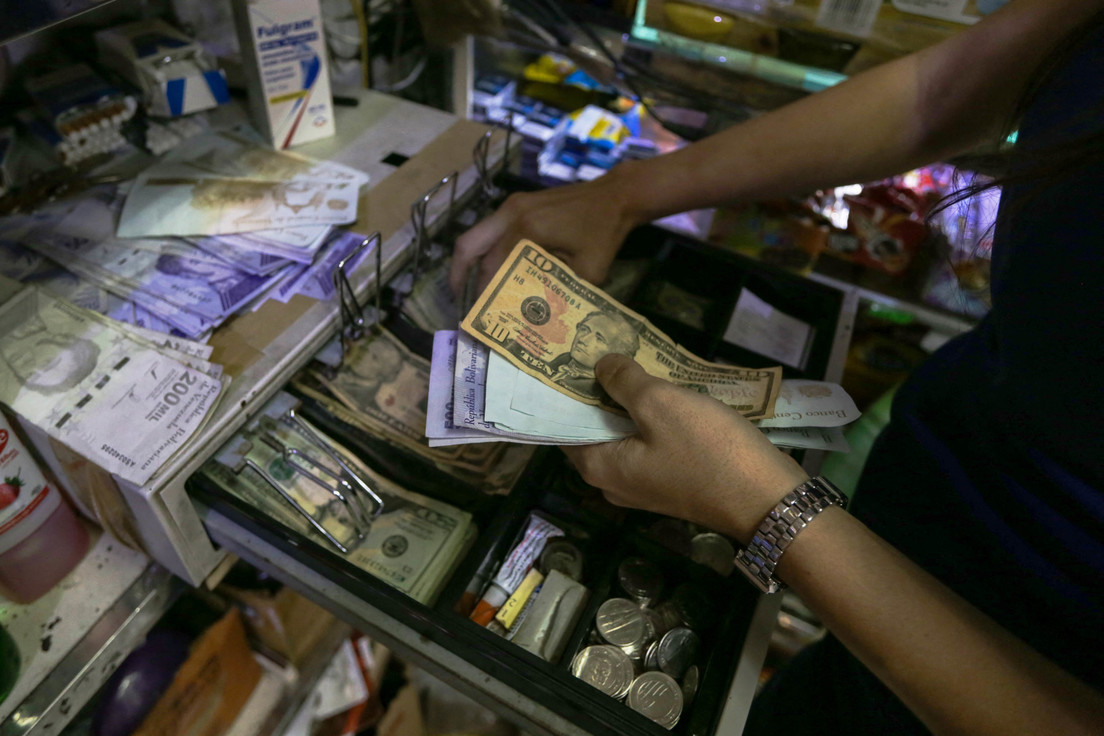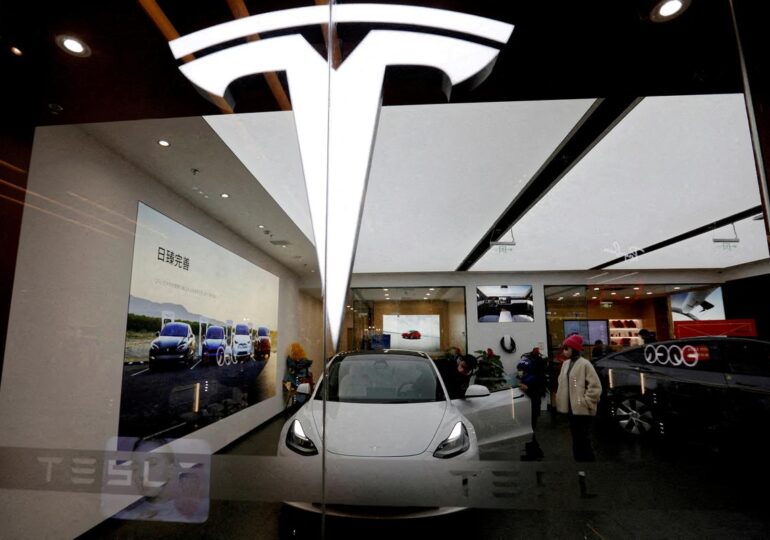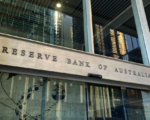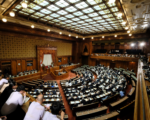Venezuela’s Currency Depreciation Risks Undoing Inflation Gains

Depreciation of the Bolivar Threatens Economic Stability
Venezuela’s recent currency depreciation is raising concerns that years of progress in reducing inflation could be undone. After a period of relative economic stability following the hyperinflation of previous years, Venezuela is facing rising prices once again, as the government’s decision to allow the bolivar to float has triggered depreciation, causing a ripple effect across the economy.
- Government’s Shift in Policy: Under President Nicolás Maduro, Venezuela had made strides in taming inflation through a series of orthodox policies, including credit restrictions, public spending cuts, and the pegging of the bolivar to the dollar. This approach helped bring inflation from over 100,000% to more manageable levels. However, since mid-October, the government has allowed the bolivar to float freely, resulting in a depreciation from 36.5 bolivars to the dollar to about 45 bolivars.
- Impacts on Inflation and the Private Sector: The sharp depreciation is contributing to a rise in inflation, with prices increasing by 12% over nine months. This shift in exchange rate policy is expected to push inflation even higher in the final quarter of 2024, with forecasts suggesting the rate could hit 35% to 40%, well above the government’s earlier projection of 30%.
The Strain of Exchange Rate Adjustments
Economists warn that the currency’s depreciation will place pressure on the already struggling Venezuelan economy, particularly affecting imports and local production. With the bolivar’s fall making imported goods more expensive, domestic industries are under strain. Venezuela’s economic system relies heavily on oil income, and the central bank’s reduced foreign currency sales are exacerbating the situation.
- Impact of Reduced Foreign Currency Sales: The central bank had previously injected foreign currency into the market to stabilize the bolivar, but its sales have dropped significantly. In July, it sold around $800 million, but by October, this had fallen to just $400 million. This reduction has left businesses scrambling to secure dollars for imports, leading to increased inflationary pressures.
- Private Sector Concerns: Venezuelan businesses are facing significant difficulties in acquiring foreign currency to import goods, and many are depleting their inventories in response. The government has allowed some sectors, like food and medicine, to use foreign currency for imports, but other businesses are restricted to using central bank promissory notes tied to the official exchange rate, which remains problematic.
Government’s Response and Future Outlook
Vice President Delcy Rodríguez recently highlighted the need for greater control over foreign exchange usage, warning against frivolous spending of foreign currency in a country under blockade. However, the government has remained largely silent on its broader strategy for addressing the ongoing depreciation.
- Inflation and Economic Uncertainty: The government faces a critical challenge in balancing the need to stabilize the currency with the reality of limited foreign exchange reserves. While some economic experts believe the bolivar’s depreciation was necessary, the rising inflation threatens to undo the gains made over the past few years in controlling prices.
- Long-Term Concerns: Venezuela’s economic future remains uncertain. While devaluation may have been necessary to address the overvalued currency, it could lead to a new wave of economic hardship for Venezuelans, particularly as many still live under the strain of high inflation and limited purchasing power.





















